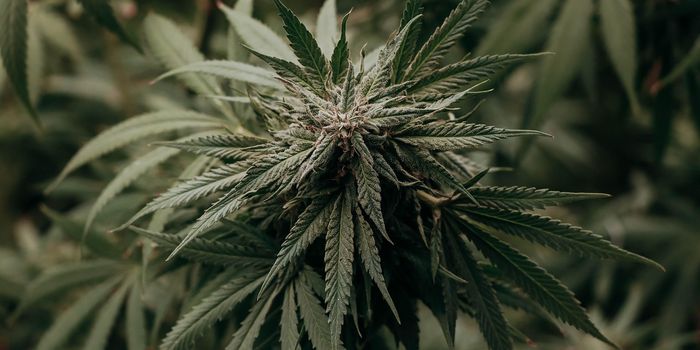Teens With Depression at Risk for Cannabis Addiction
The issue of marijuana use and brain development has been hotly debated as more states move to legalize pot. Medicinal uses for the drug are not uncommon, and some states have legalized medical marijuana, but have not allowed full recreational use.
The one area that remains a concern, however, is the use of pot by young people. The brain is not fully developed until well after the teenage years. Some experts suggest that brain development continues into the early twenties, so the use of any mind-altering substance by teenagers is a concern.
A new study from the University of Washington—Seattle looked at the relationship between depression in young people and a problem with cannabis use later in life. Researchers interviewed a total of 521 students from public middle schools in the Seattle area. Interviews took place annually when the children were between 12 and 15 years old. The students were followed up with at the age of 18 as well. Previous studies have been done on the link between depression and pot use. However, most of those studies assessed depression at a single point. The study done in Seattle used a cumulative count of depression symptoms. They based this count on the interviews leading up to the age of 18 as well as how the participants presented at the follow-up.
Isaac Rhew is the lead author of the study and a professor of psychiatry and behavioral sciences at UW. He explained, "The findings suggest that if we can prevent or reduce chronic depression during early adolescence, we may reduce the prevalence of cannabis use disorder." The study showed that just a "one standard deviation increase in cumulative depression" could raise the likelihood of developing an addiction to pot by as much as 50%.
Depression is a very real concern for this age group. According to the National Institutes of Mental Health major depression is becoming a public health issue for teenagers in the United States. The NIMH's most recent figures for 2015 showed that close to 3 million young people aged between 12 and 17 had suffered a "major depressive episode." That's roughly 12% of all teens.
Along with the increase in depression, the use of marijuana has gone up in this age group as well. Pot and tobacco cigarettes were the two most common substances used by teens, but that is changing. In the past ten years pot has moved into the number one spot, with usage numbers surpassing that of ordinary tobacco. Alcohol use in this age group is up as well.
The study is just one out of several studies, and the results are often inconclusive. This is likely because there is no standard for "substance use." Some studies considered any use, even a one time trial and other studies looked at participants who had heavier or problematic use of pot.
The study was conducted during the years 2007-2010. In 1998 medical marijuana was legalized in the state of Washington and in 2003 the Seattle police department classified marijuana possession or use as the lowest priority for enforcement. The team at UW noted that a study done in a state where there are stricter laws on pot use would be a good way to see if the correlation holds even in a state where weed is less available.
The video below talks more about the link.
Sources: University of Washington, Addiction, KNKX-NPR, NIMH









